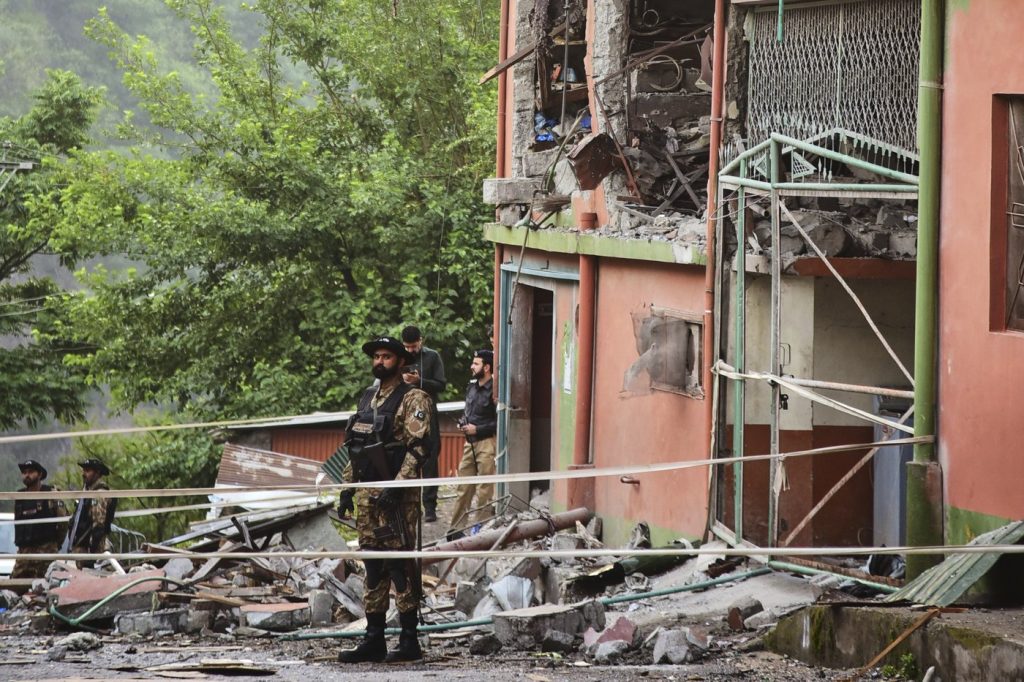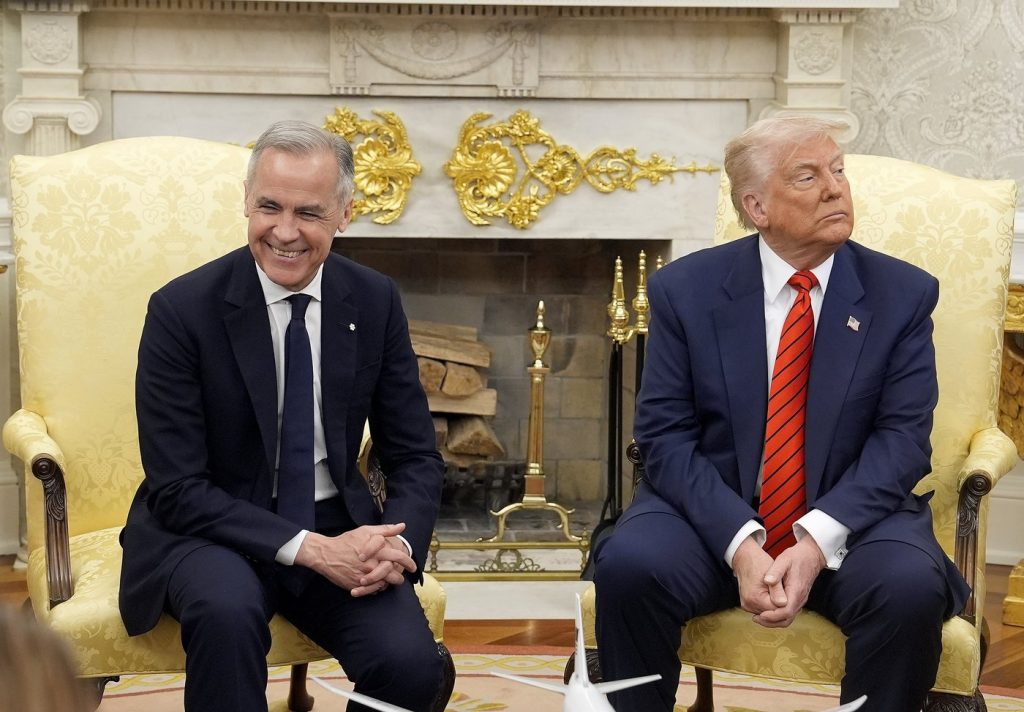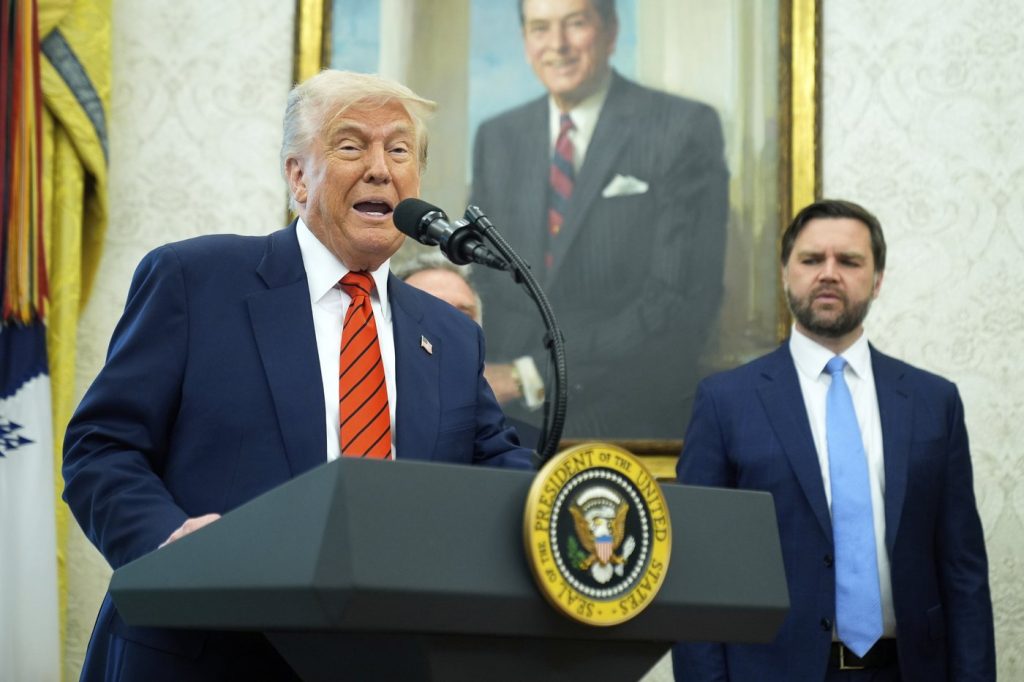ISLAMABAD (AP) – In a significant escalation of tensions between India and Pakistan, Indian missile strikes on Pakistani-controlled territory resulted in the deaths of at least 19 people, including a child, early Wednesday. Pakistan's Prime Minister Shehbaz Sharif condemned the attacks as an "act of war" and vowed that a strong response would follow.
India's military declared that the strikes, which targeted infrastructure linked to militants involved in a recent massacre of tourists in the Indian-administered region of Kashmir, were necessary for national security. The Indian Defense Ministry asserted that the operation, named "Sindoor," aimed to neutralize sites where planning for attacks against India occurred. The ministry emphasized that no military facilities were targeted in Pakistan, framing the strikes as precise and measured.
In response, three civilians were killed in Indian-controlled Kashmir due to Pakistani shelling, further exacerbating the already heightened tensions. South Asia analyst Michael Kugelman characterized the Indian strikes as among the highest-intensity actions taken against Pakistan in recent years. He warned that both nations, possessing nuclear capabilities, might engage in substantial conventional military actions, raising the risks of escalation.
Images from the affected areas showed scenes of panic and destruction. In Pakistan-administered Kashmir, missiles struck six locations, including the Subhan Mosque in Bahawalpur, where 13 individuals lost their lives. Eyewitnesses recounted a chaotic atmosphere immediately after the blasts, with locals fleeing to safety as power was cut in the area. Pakistani authorities declared an emergency at regional hospitals, and schools were closed across Kashmir and Punjab province in anticipation of further conflict.
Simultaneously, exchanges along the Line of Control between Indian and Pakistani forces intensified, with reports of ongoing artillery shelling from both sides. Following the missile strikes, Pakistan claimed to have shot down five Indian jets, though India has not confirmed these assertions. Debris from downed aircraft was found scattered in various locations across Indian-controlled Kashmir, raising alarms over commercial air traffic safety amidst the escalating military engagement.
Politically, the strikes were met with widespread support from Indian politicians, who called for national unity in light of the military action. India's defense minister, Rajnath Singh, and Congress party president Mallikarjun Kharge praised the military's resolve. Conversely, Pakistan's government refuted India's allegations of harboring terrorists and emphasized that it would respond robustly to this act of aggression.
United Nations Secretary-General Antonio Guterres urged both countries to exercise maximum military restraint, highlighting the dire implications of a potential full-scale military confrontation. As diplomatic channels remained active, India's national security advisor Ajit Doval communicated with U.S. officials regarding the situation, stressing India’s claims of credible intelligence connecting Pakistan to recent terrorist activities.
The situation remains fluid, with both governments on high alert and the threat of further military actions looming. The international community is watching closely as both nuclear-armed nations navigate this precarious moment.












